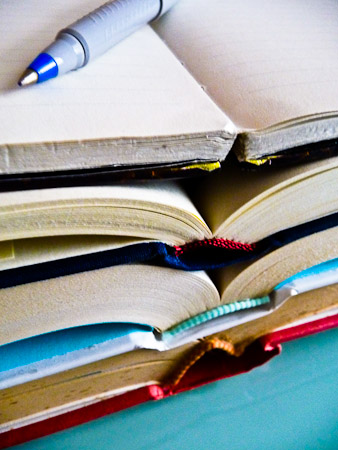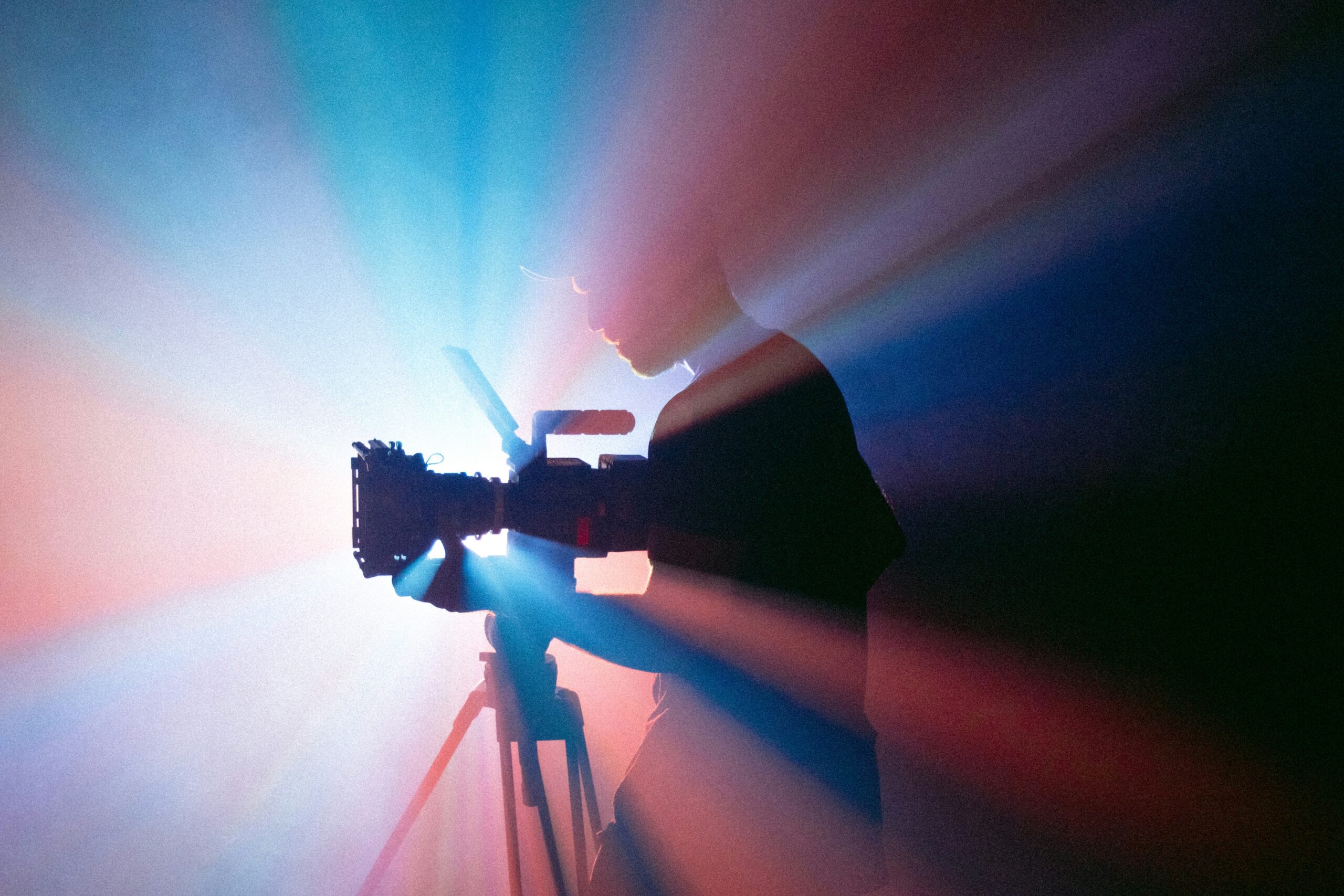Copyright Infringement Letters of Demand – what should you do if you get one?
What is a copyright infringement letter of demand?
From time to time, artists or arts organisations might receive a letter alleging that they have infringed copyright. These letters are often called ‘copyright infringement letters of demand’ or ‘cease and desist letters’
A letter of demand tells you about the copyright owner’s claim. If the letter is genuine, it should be sent by the copyright owner or someone authorised to act for them, for example a lawyer or agent. The letter should tell you about (or put you ‘on notice’ of) what the copyright owner thinks you have done wrong and what they would like you to do to fix it. A letter of demand is usually sent to try to resolve the issue before the copyright owner decides to take other steps, like taking you to court.
Are copyright infringement letters of demand genuine?
Many copyright infringement letters of demand are genuine. They are sent by a copyright owner who is concerned about something that has been done that they think has infringed copyright.
Not all copyright infringement letters of demand are genuine. Unfortunately, we have seen some phishing emails disguised as copyright infringement alerts or demands. For example, an email may look like it comes from a service you are registered with (such as Meta or Facebook) and may say that you have been suspended for infringing copyright. It is important to review emails you receive and check that they are genuine before clicking on any links, logging in, or making payments. For more information, see our post here on copyright phishing scams.
Sometimes, letters of demand contain a baseless or unfounded claim of copyright infringement. For example, you may be permitted to use the work, or the person sending the letter may not actually be the owner of copyright. There are consequences for issuing groundless threats of legal proceedings, particularly where this causes damage. If you have received this type of letter, this is something that you can seek legal advice about. \If you think you have received a baseless or unfounded claim of copyright infringement, you can look into the consequences for issuing groundless threats of legal proceedings.
Recently, Arts Law has seen an increase in artists receiving letters from companies that say they are acting on behalf of copyright holders in relation to allegations of misuse of works online. These companies are third parties and not collecting societies or law firms. These agencies look for infringements online and send letters that demand the payment of a licence fee for the use of the work. Artists have asked for advice about companies including:
- PicRights.
- Copyright Agent.
- Pixsy.
If you receive a letter of demand you should carefully read the letter and take it seriously. It can be stressful to receive these types of letters, so Arts Law is here to help.
What is copyright infringement?
Copyright protects material such as artwork (photographs, painting, sculptures etc.), music, literary works (articles, books, poems etc.), films and sound recordings. Generally, only the copyright owner may exercise the ‘exclusive rights’ to copy, publish, communicate or publicly perform the work. If you want to do certain things with a work, such as reproduce the whole or a substantial part of the work or make it available online, you must have the permission of the copyright owner. If you do not receive this permission, you might be infringing copyright.
There are some very specific situations where you may be able to use copyright material without the owner’s permission. These are called ‘defences’ or ‘exceptions’. It’s a good idea to get legal advice if you think an exception applies to your use.
If a court finds that there has been an infringement of copyright, it can order that the person who has infringed copyright pay the copyright owner. This payment can be damages (for example, a licence fee) and sometimes an additional amount if the actions of the infringer are seen as really bad. The court can also order that the infringer give the copyright owner any profit they have made from the infringement.
You can read more about copyright and copyright infringement here.
Did you have permission to use the work?
If you receive a letter of demand and you did use the work, you should ask yourself: did I have permission to use it in the way that I did?
It is a common misconception that images and material on the internet are free to use. The fact that something is online does not mean you have permission to use it. Similarly, the fact that you credit the source of the image or material does not mean that your use is not infringing.
If you think you do have permission, check that permission. Is the way that you are using the work within the scope of that permission?
If you are not sure whether or not you have permission, you can ask a lawyer for help to work that out.
Do you have a defence or exception?
Australia allows some uses of copyright material without the permission of a copyright owner. These exceptions, or defences, include use for the purposes of research or study, reporting the news, parody or satire, and criticism or review where that use is seen as ‘fair’.
In Australia, it is not a defence to say that you were not using the work commercially, you did not realise you needed permission, or you did not make any money from using the work.
Other allowable uses that relate specifically to artworks include filming painting or photographing a public sculpture or a building. The appearance of an artwork incidentally in a film (or on television) is also allowed.
It is important to remember that each country has its own copyright laws and they are different around the world. The copyright laws and defences available may be different in Australia and in other countries around the world. ‘Fair use’ is not a defence in Australia – our fairness exceptions require you to meet one of the specific fair dealing purposes (such as criticism or review).
Consider whether to stop using the work
If you did not have permission to use a copyright work and a defence does not apply, you should stop using it.
Stopping your use of an infringing work is not itself an admission that you have done anything wrong. You should generally be very careful not to make admissions unless you have spoken to a lawyer first.
Sometimes, the main concern of the copyright owner is that you to stop using their work. If you stop using the work, the issue may end there. Other times, that will not be enough.
Consider negotiating or paying
If the letter of demand asks you to pay a certain amount, it is important to remember that this is generally not a debt. You can try to negotiate it. The amount claimed may be less than what a court would order.
You can also decide to comply with the demands in the letter (such as by stopping the use of the work and paying the amount that is requested). If you do this, the claim may go away entirely. If you want to do this, you should be careful to make sure that it does go away completely – you want to confirm that the person making the claim will stop if you meet their demands.
Sometimes, the person making the claim may provide you with a written agreement in relation to meeting their demands. This might be called a settlement agreement or a release agreement. It is a good idea to ask for a lawyer to give you some advice about the terms of this type of agreement.
What happens if you do not respond or pay?
If you do not respond or pay, you are likely to receive further letters of demand. After that, nothing may happen, or the copyright owner may take you to court.
Ask a lawyer for help!
Whether the copyright owner does go to court will depend on a lot of things, including the value of their claim, the strength of their case, and their willingness to go to court. Copyright infringement proceedings are costly, time consuming and difficult, but are also an important way to protect legal rights.
A lawyer can give you advice about the letter you have received. A lawyer can help you:
- Understand the copyright infringement letter of demand.
- Work out whether you may have infringed copyright.
- Work out whether you have an exception or defence that applies to your use.
- Work out the best way to deal with the letter in the circumstances.
If you are an artist or arts organisation, you may ask Arts Law for help by submitting a legal query here.
Reduce your copyright infringement risk going forward
You can use the letter of demand as a learning experience by putting in place good practices to reduce your risk of getting more letters.
Before you use elements or the whole of someone else’s creation in your own art, you may ask yourself:
- Is what I want to use protected by copyright?
- Do I have permission to use it?
- If I do have permission, is that permission recorded in writing? For example, is it in a written agreement, in terms and conditions, or in an exchange of emails?
- Can I rely on an exception, or defence? Do I need legal advice on whether the defence applies?
- Have I acknowledged or attributed the creator and considered the integrity of their work (the moral rights of the creator)?
- Do I need legal advice to help me with any or all of the above?
Finally, you may think about the impact on you and your arts practice should a part of your creation be used in someone else’s artwork without your permission!
Disclaimer
The information in this information sheet is general. It does not constitute, and should be not relied on as, legal advice. The Arts Law Centre of Australia (Arts Law) recommends seeking advice from a qualified lawyer on the legal issues affecting you before acting on any legal matter.
While Arts Law tries to ensure that the content of this information sheet is accurate, adequate or complete, it does not represent or warrant its accuracy, adequacy or completeness. Arts Law is not responsible for any loss suffered as a result of or in relation to the use of this information sheet. To the extent permitted by law, Arts Law excludes any liability, including any liability for negligence, for any loss, including indirect or consequential damages arising from or in relation to the use of this information sheet.
© Arts Law Centre of Australia
You may photocopy this information sheet for a non-profit purpose, provided you copy all of it, and you do not alter it in any way. Check you have the most recent version by contacting us on (02) 9356 2566 or tollfree outside Sydney on 1800 221 457.
The Arts Law Centre of Australia has been assisted by the Commonwealth Government through the Australia Council, its arts funding and advisory body.




